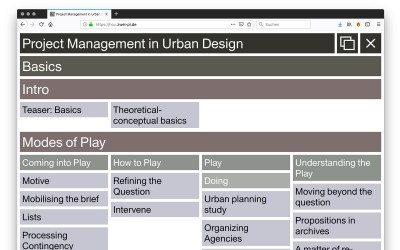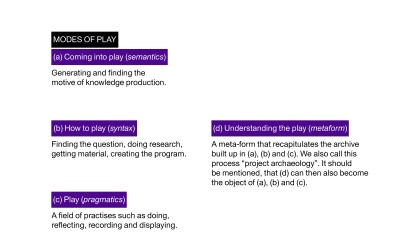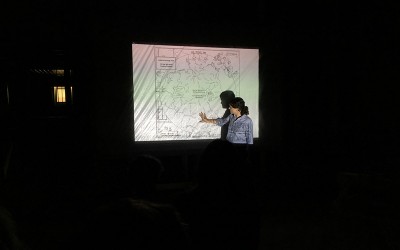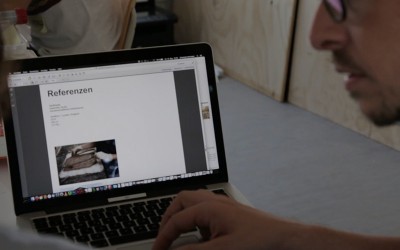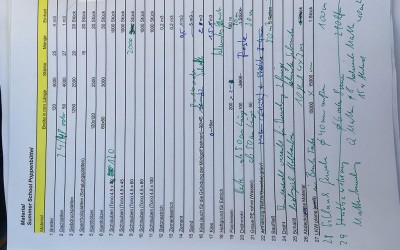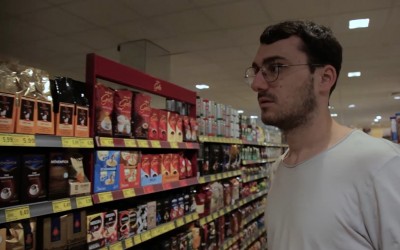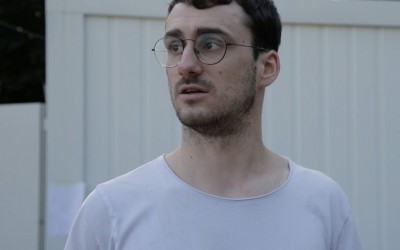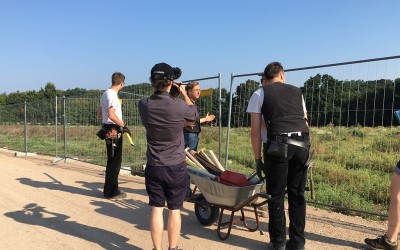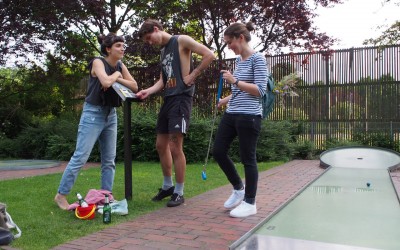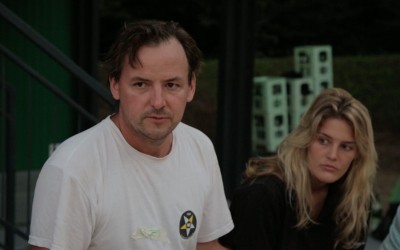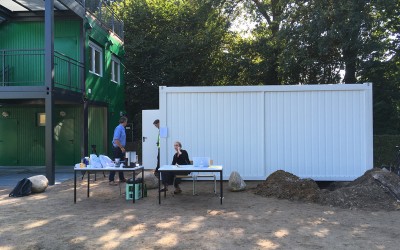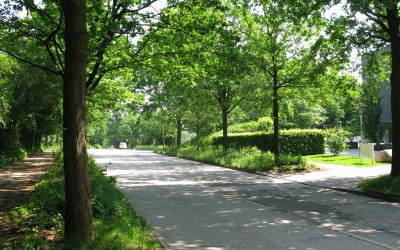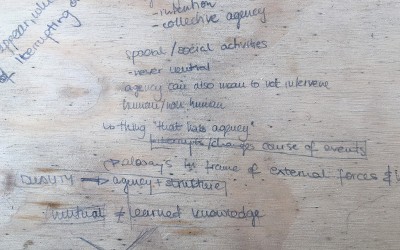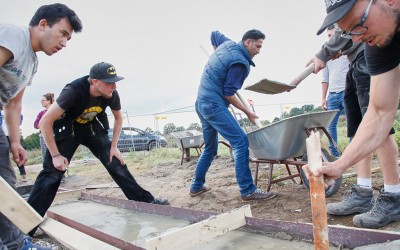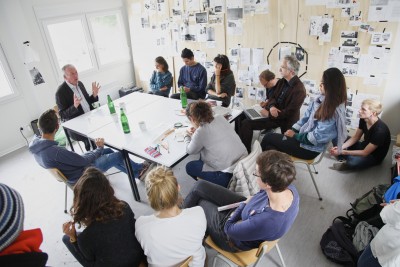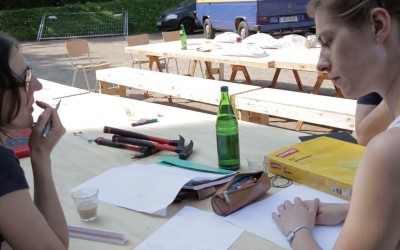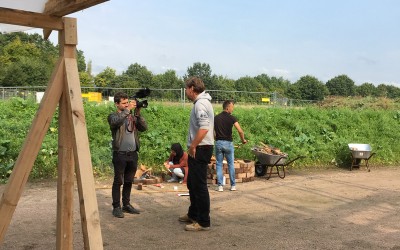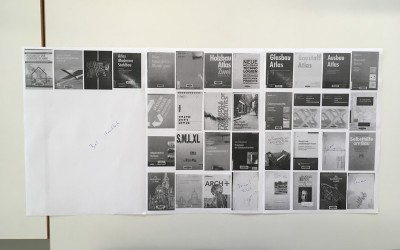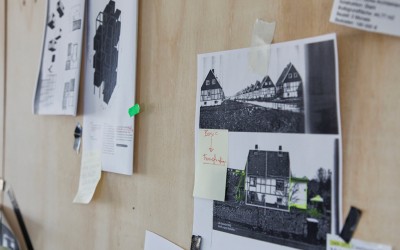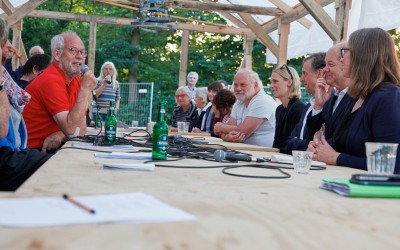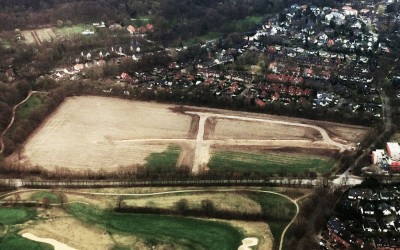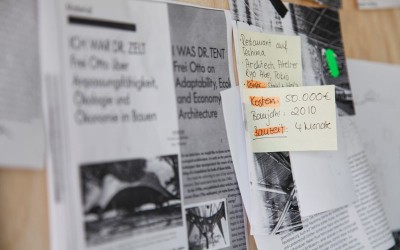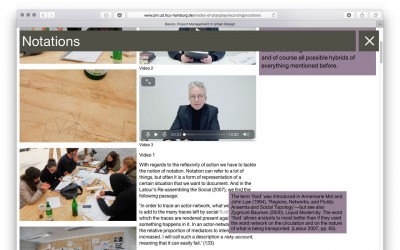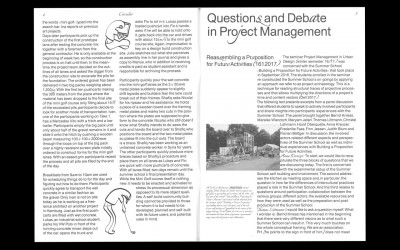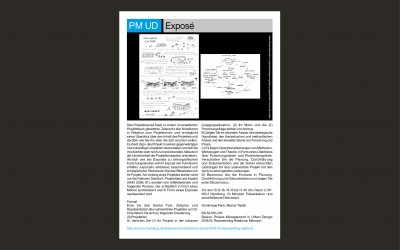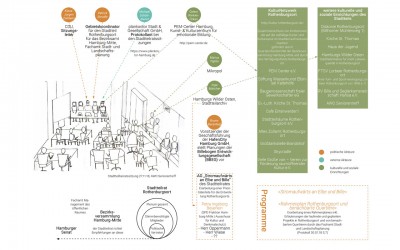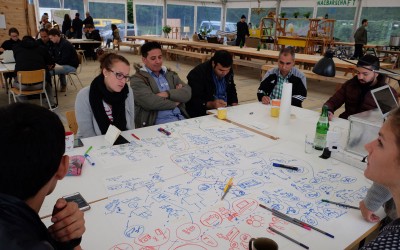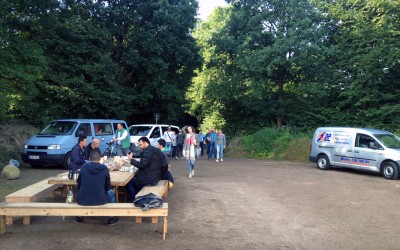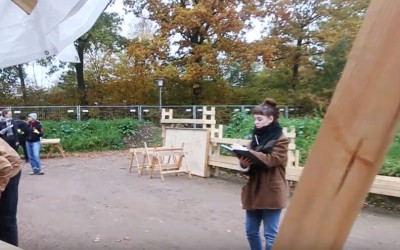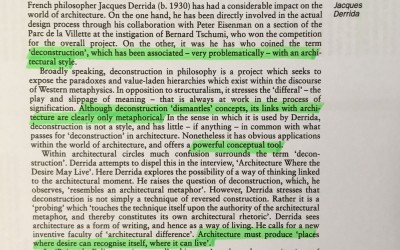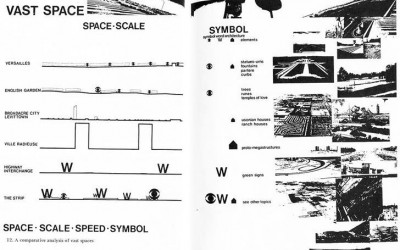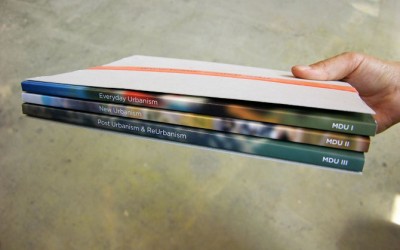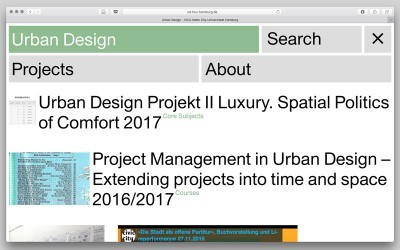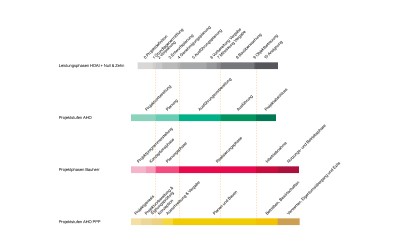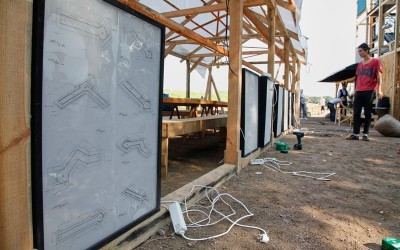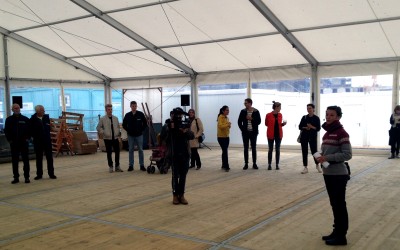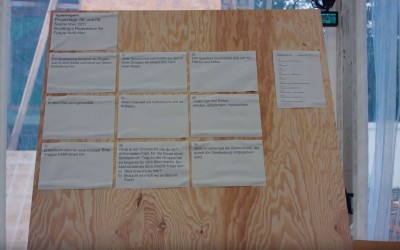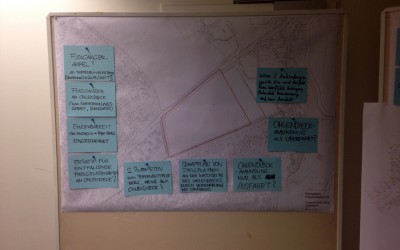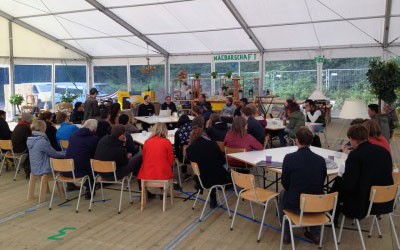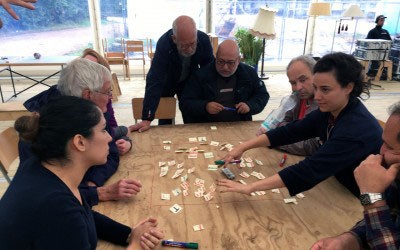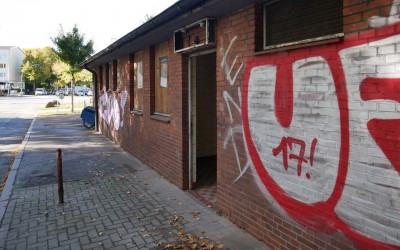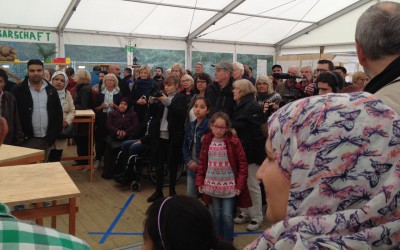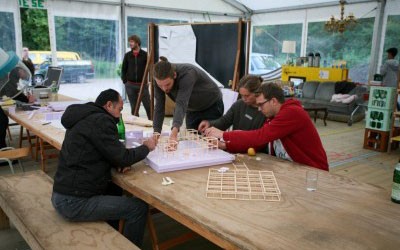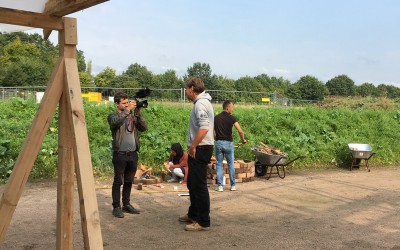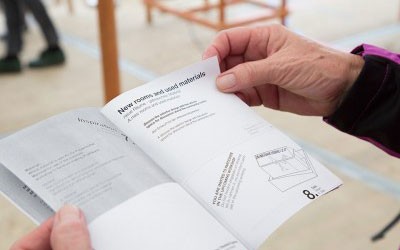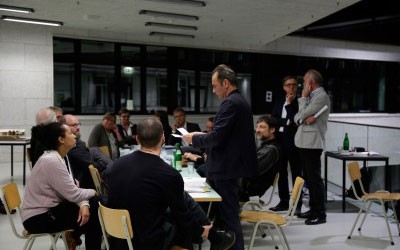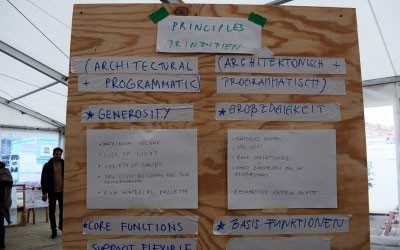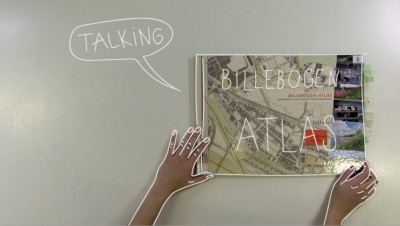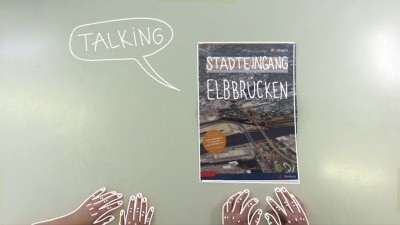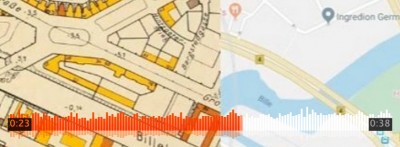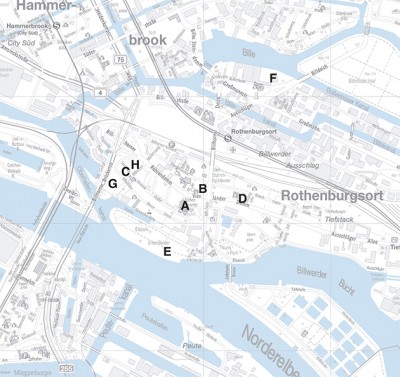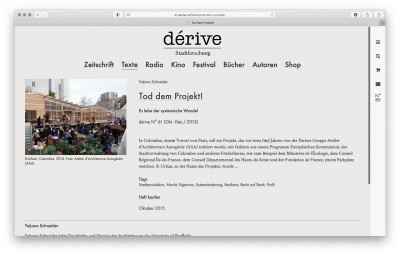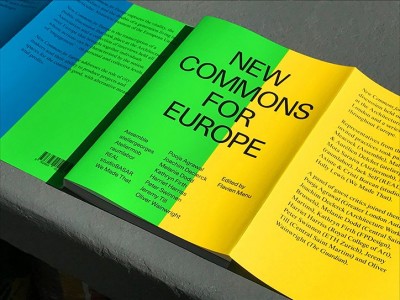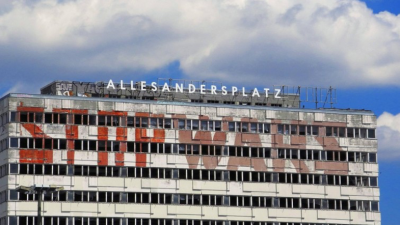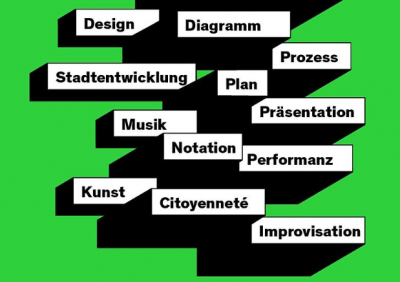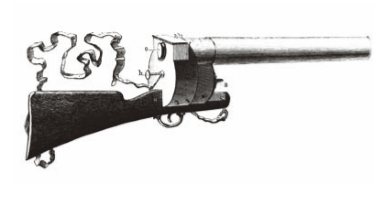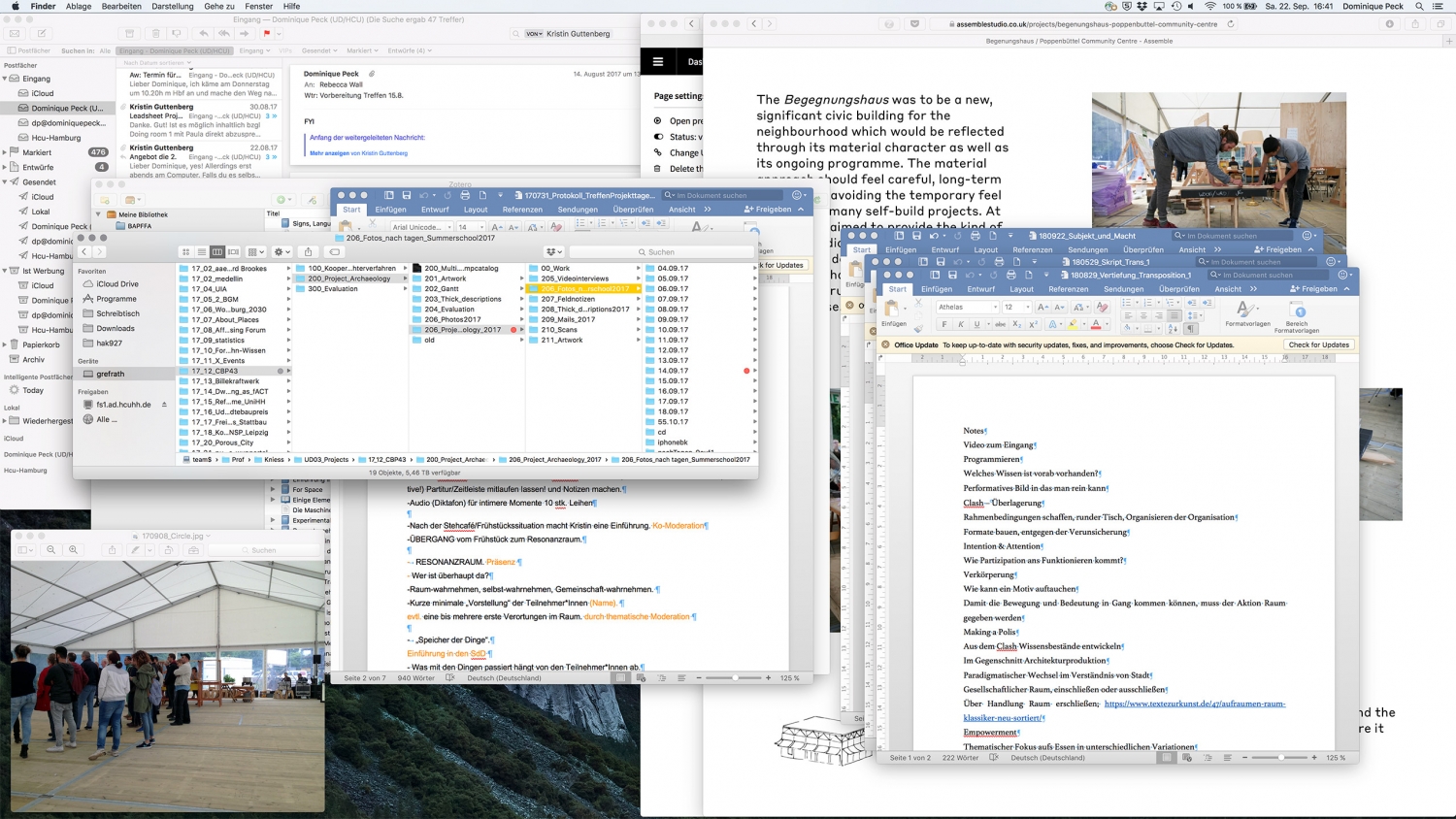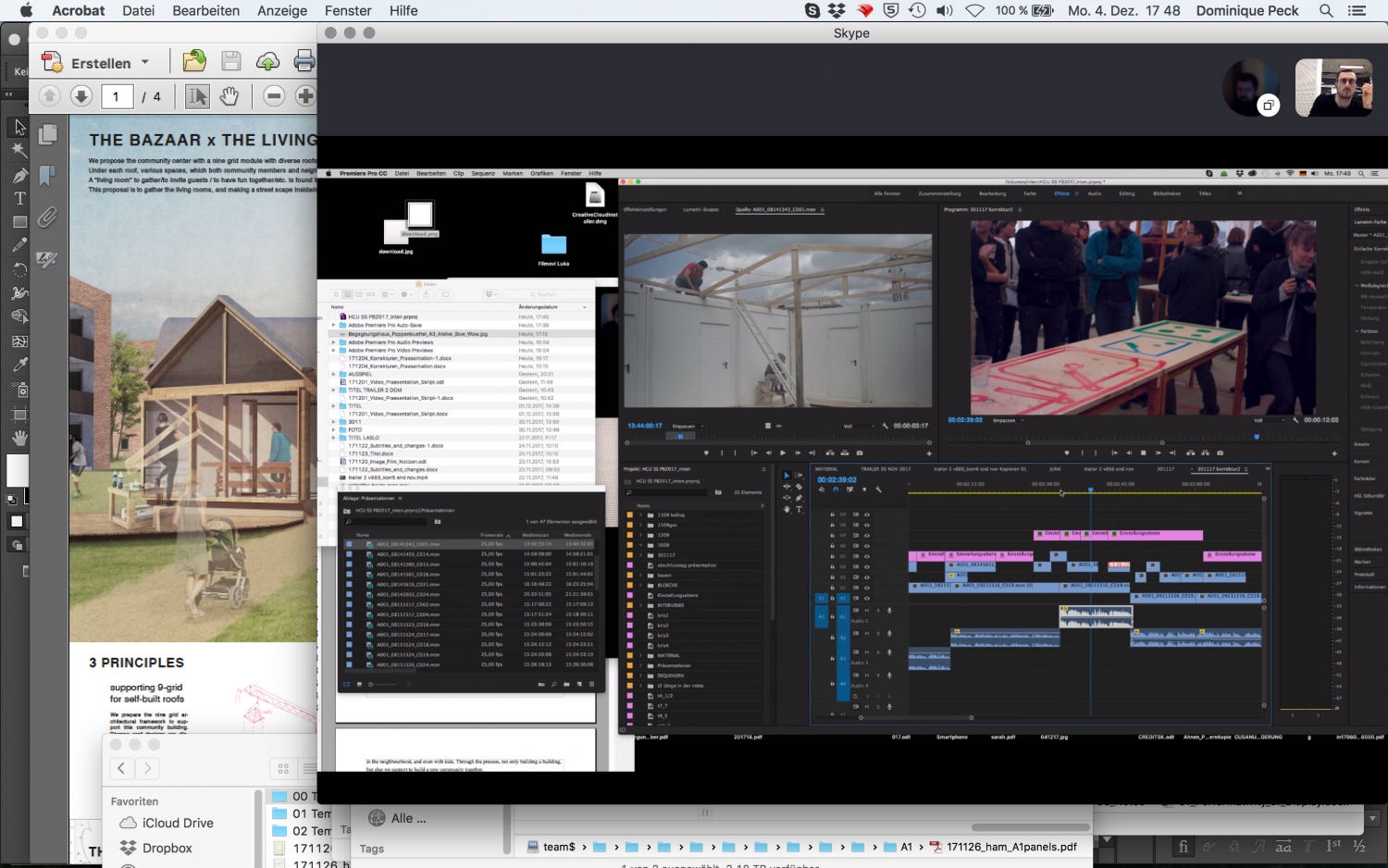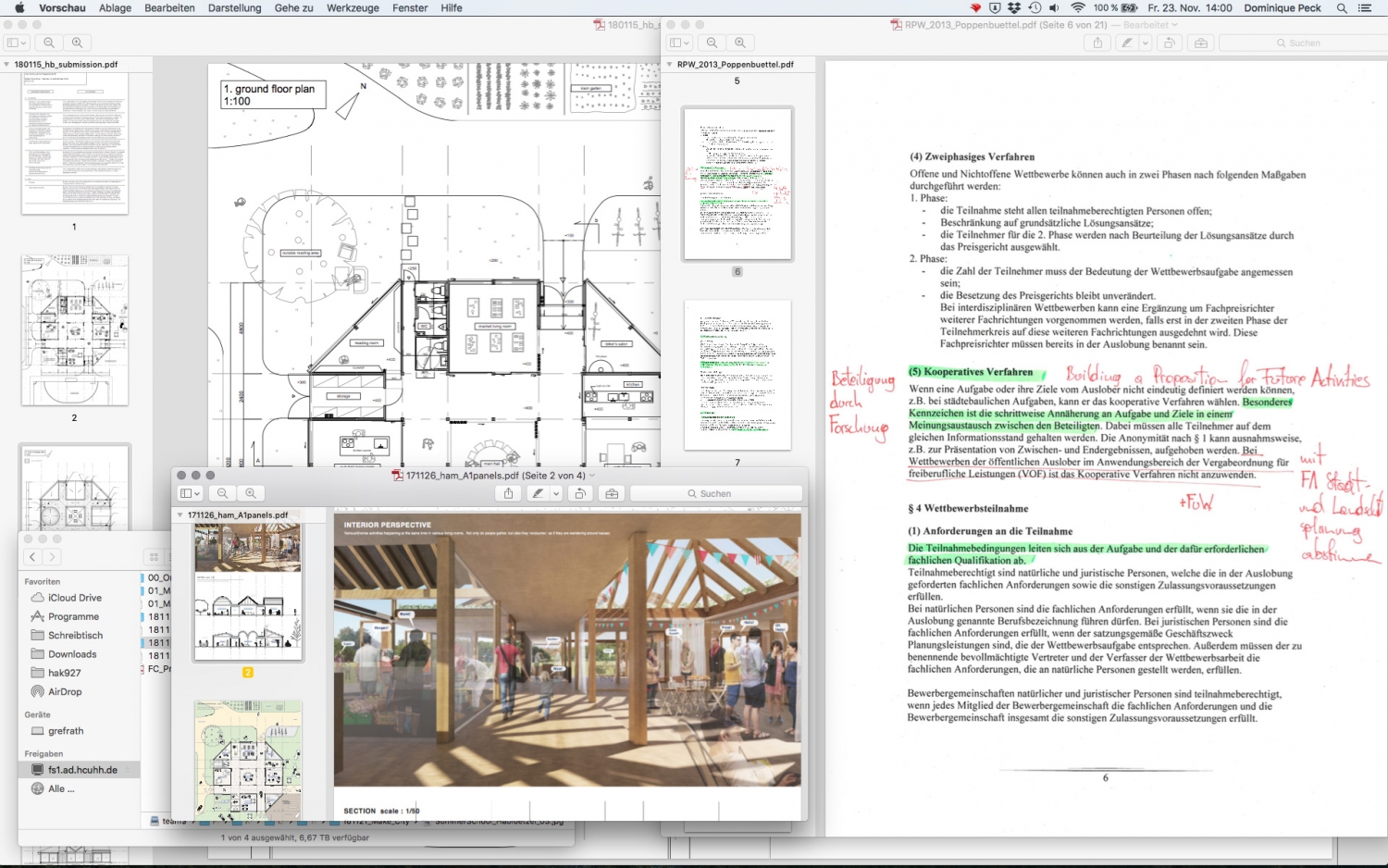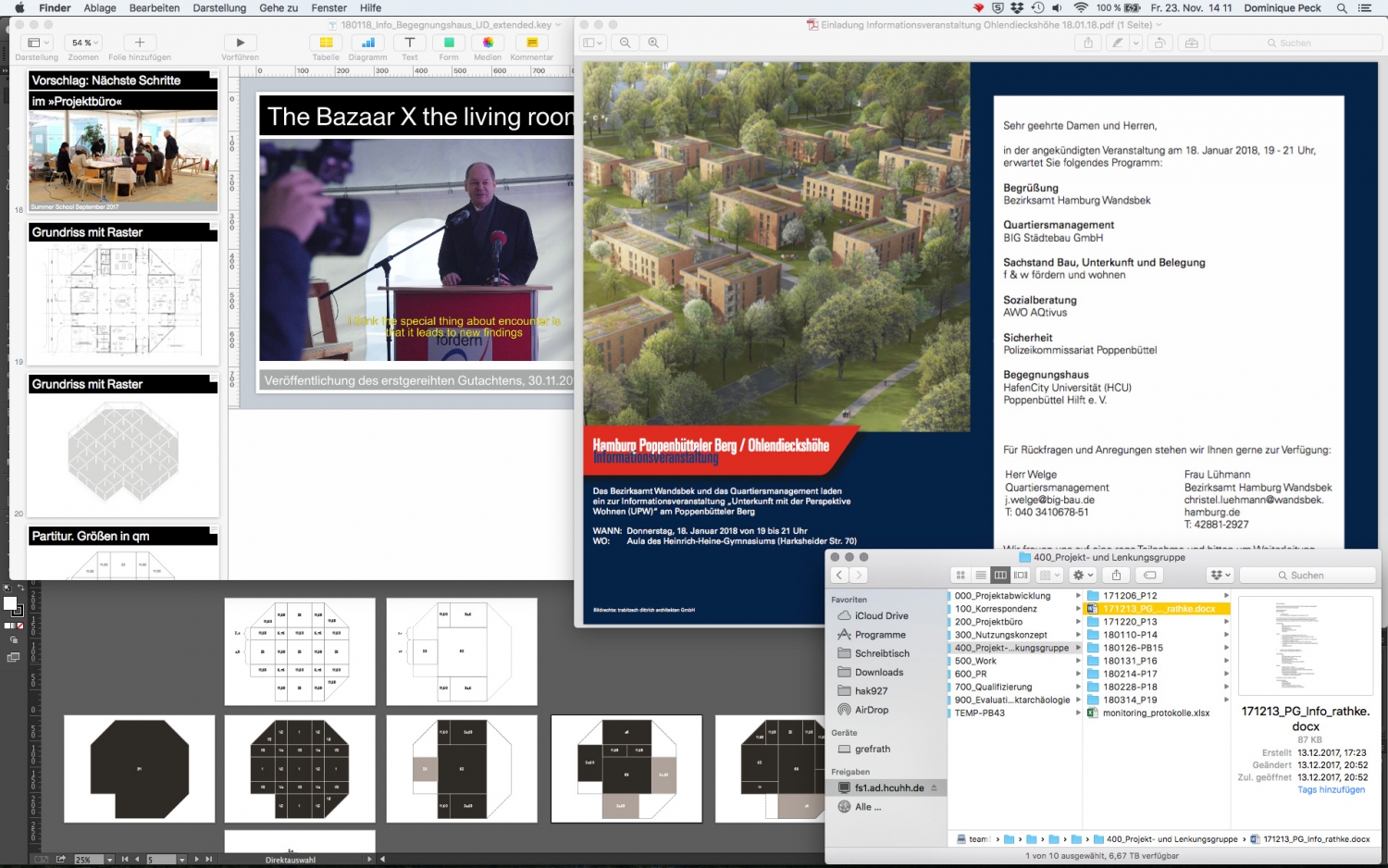The problematisation of the urban through its use often leads trough the banal or the trivial. Michel Foucault (2015) noted in his text Subject and Power in reference to the operative role of philosophy in contemporary politics that banal facts, known to everyone, are still facts. 'And if you're dealing with trivial facts, you have to figure out - or at least try to figure out - which exceptional and possibly very specific problems are involved (ibid., 83).' The video below shows participants of the summer school Building a Proposition for Future Activities during the dismantling of the large tent in which the Project Days and the Cooperative Review Process took place. Although this scene is a side stage and covers nothing more than 3 people beating a carpet properly, a motivated description of the situation can be prolific for further project management work. In particular so, because project management more often than not is a multisited practice: project management work is effective on construction sites, in boardrooms and behind a computer among others. The transposition of aspects over various sites of project management work has influences on the realisation of the entire project or a series of projects. “About Column A” features a conceptual practice about “coproduction” related to the problematisation of the urban through its use.
Basics
Modes of Play
Coming into Play
Play
Understanding the Play
Project Closure
Repository
Sort by:
Filter by: All (36)––
Dominique Peck has joined the Research and Teaching Programme Urban Design’s academic staff at HafenCity University in 2015. Being a UD alumni, his work has a focus on project management, design development and transposing formats in research, teaching and practice. Dominique was co-project managing the live project Building a Proposition for Future Activities and is now focused on his PhD Project Re-positioning Project Management in Urban Design.
Bernd Kniess is an architect and urban planner. Since 2008 he is Professor for Urban Design at HafenCity Universität Hamburg where he established the Master Programme Urban Design. He is interested in the negotiation of the contemporary city, whose planning principles he aims to diagrammatically describe and transfer into a relational practice as procedure.
